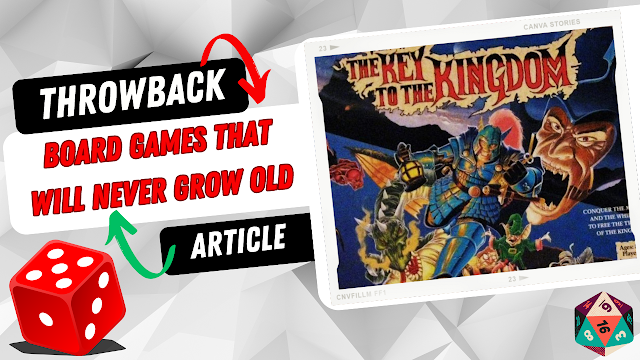We at GF HQ have always been big supporters of indie games, and so when I first caught wind of Debug magazine, the thought of having a print magazine specifically dedicated to indie games across all systems was of an incredible appeal to me, I was keener than Robbie, Roy, and Steve combined.
Having received the inaugural issue recently, I’m happy to report that this really does feel very much like THE indie directory, featuring not only news articles, previews and reviews of upcoming/imminent games, but also interviews with developers, publishers- and features some really neat design touches that make devouring Debug an absolute pleasure.
Seventy-eight pages in length, sporting a snazzy, matte design, and thick pages that are rich with content, Debug makes a great first impression. Following an inside-cover environmental art piece, the first text comes from the mouth of editor Dean Mortlock, a name that I’m sure will be familiar to the Sega fans out there.
Aside from introducing himself - and the vision of Debug as a magazine - he teases future demo cover discs and also mentions the QR codes that are scattered throughout the magazine, these were a real highlight feature for me, as I found myself getting twitches in my britches for quite a list of games mentioned throughout Debug, and the ability to scan the QR code and have a goosey at the game trailer, Twitter page, or website felt ingenious and invaluable.
I read through Debug whilst on a train from Cardiff to Birmingham – for a Penn & Teller show that was fantastic – and found myself alternating between reading the magazine, scanning QR codes and getting lost in trailers and information on games and devs that tickled my fancy, as well as adding titles to an ever-growing list I keep on my phone for future coverage on GF. It felt extremely interactive and that cross-media cleverness through the use of QR codes gave extra depth and variety to my reading experience.
The presentation throughout is engaging and focused, with a sense of quiet character. The writing isn’t tiresomely winky, matey or flippant, instead, it is intent on sharing the joys and scope of everything available in the indie gaming sphere – letting the quality and mechanics of the games being discussed be the centre of attention as opposed to the writer of the article.
I came away from Debug feeling that I’d just read something from a collective of individuals with a singular, well-edited vision.
The sheer scope and pace of release across multiple platforms these days means that it’s easy for a title to slip through that could have had a massive impact if it had gained a little traction through coverage.
In that regard, Debug is as much of a treasure as the games expertly covered within.
PURCHASE LINK:







No comments:
Post a Comment
Like what you see in the Games Freezer?
Why not tell us what you think with a few well-chosen comments? :)
Note: only a member of this blog may post a comment.